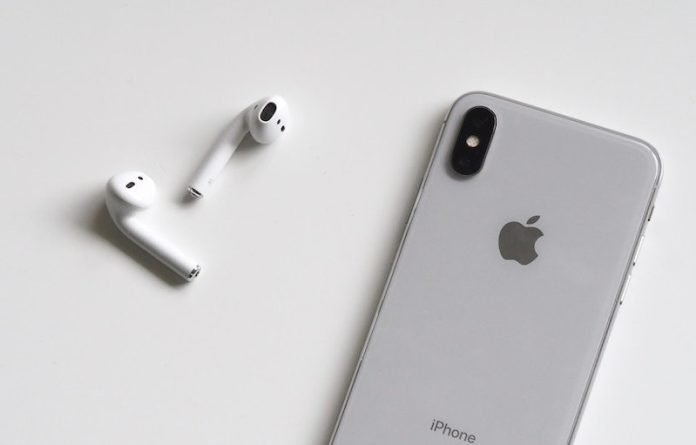
Hearing loss has broad health impacts, but professional hearing aids are expensive and require multiple visits to otolaryngologists and audiologists for tuning.
These factors lead to major barriers for many to access professional hearing aids. One estimate suggests nearly 75% of people with hearing loss in the United States do not use hearing aids.
In a study from Taipei Veterans General Hospital, scientists found some commercial earbuds can perform as well as hearing aids.
This finding could help a large proportion of people with hearing loss access more affordable sound amplification devices.
Apple came out with a feature called “Live Listen” in 2016 that allows people to use its wireless earphones, AirPods, and iPhone for sound amplification.
The feature makes AirPods functionally similar to a personal sound amplification product, which is designed for people with normal hearing for certain occasions like birdwatching.
In the study, researchers wanted to investigate whether AirPods, which are widely available devices, can serve as alternative hearing aids.
The team compared Airpods 2 and AirPods Pro—the model with a noise canceling feature—with a type of premium hearing aids and a basic pair of hearing aids.
The premium hearing aids cost $10,000, and the basic type cost $1,500. Both models of AirPods are significantly cheaper than hearing aids, with AirPods 2 costing $129 and AirPods Pro costing $249.
Notably, AirPods Pro met four out of five technology standards for hearing aids.
The team tested the four devices with 21 participants with mild to moderate hearing loss. They found AirPods Pro performed similarly well compared with basic hearing aids in a quiet environment and was slightly inferior to premium hearing aids.
AirPods 2, while having the lowest performance among the four, helped participants hear more clearly compared with wearing no hearing aids.
In a noisy environment, AirPods Pro showed comparable performance to premium hearing aids when the noises came from the lateral direction of the participant.
But when the noises came from the front of the participants, both AirPods models failed to help participants hear better.
The team says it may relate to the trajectories soundwaves travel with, as well as the advanced signal processing algorithm by premium hearing aids.
This finding will hopefully inspire engineers to design hearing aids and personal sound amplification products that are more sensitive in certain directions.
The team adds that AirPods Pro appears to perform better than AirPods 2, likely because of its noise-canceling feature.
If you care about dementia, please read studies about hearing loss linked to higher dementia risk, and Vitamin B supplements could help reduce dementia risk.
For more information on brain health, please see recent studies about Vitamin D deficiency linked to higher dementia risk, and these antioxidants could help reduce dementia risk.
The study was conducted by Yen-fu Cheng et al and published in the journal iScience.
Copyright © 2022 Knowridge Science Report. All rights reserved.



